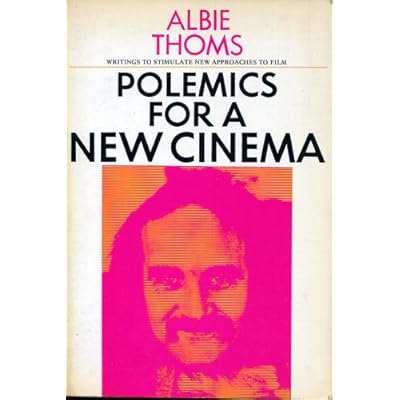
Australia has lost a legend of cinema.
Albie Thoms’ obituary appeared in the Sydney Morning Herald yesterday. And another one from ABC MovieTime.
From the Herald piece by Philippe Mora:
Never bowing to overtly conventional cinema, this modest, knowledgeable and catalytic artist absorbed the history of the avant garde in Europe and became a lifelong avant gardist himself, with a uniquely Australian taste.
Before funding was provided to some filmmakers by state and federal government, Thoms and his mates, like Bruce Beresford, Garry Shead, Aggy Read, David Perry and others, grabbed 16-millimetre cameras, trekked into the landscape and aggressively started filming. The critic Charles Higham immediately praised the first films. This resulted in an uncensored Australian cinema in aesthetic and moral synchronisation with a worldwide ”underground” film movement.
If you can, get Thoms’ book Polemics for a New Cinema – it’s a terrific chronicle of alternative cinema in the 1970s.
Danni Zuvela did an extensive interview with him, back in 2003, on Senses of Cinema. Here he is, reflecting on the development of a proto-expanded cinema / light show event:
The Ubu lightshows grew out of the happenings staged as part of “Theatre Of Cruelty.” In one of those we projected a film over an actor being disrobed as he recited a poem. The interface between moving actor and moving film image was fascinating, and recurred when we projected films over rock bands. Then the bands began reacting to the films, resulting in improvisations between musicians and lighting operators, and soon we were making films expressly for such performances, scratching and handcolouring black leader and painting onto clear leader. Eventually they were projected on the audience as well as the musicians, creating a mass performance (in one case with 4000 people) in which cinema had expanded to fill the room.
I leave you with this piece from Jim Knox, reflecting on Thoms’ film Marinetti… as Knox says, “not for the puny lobed”!